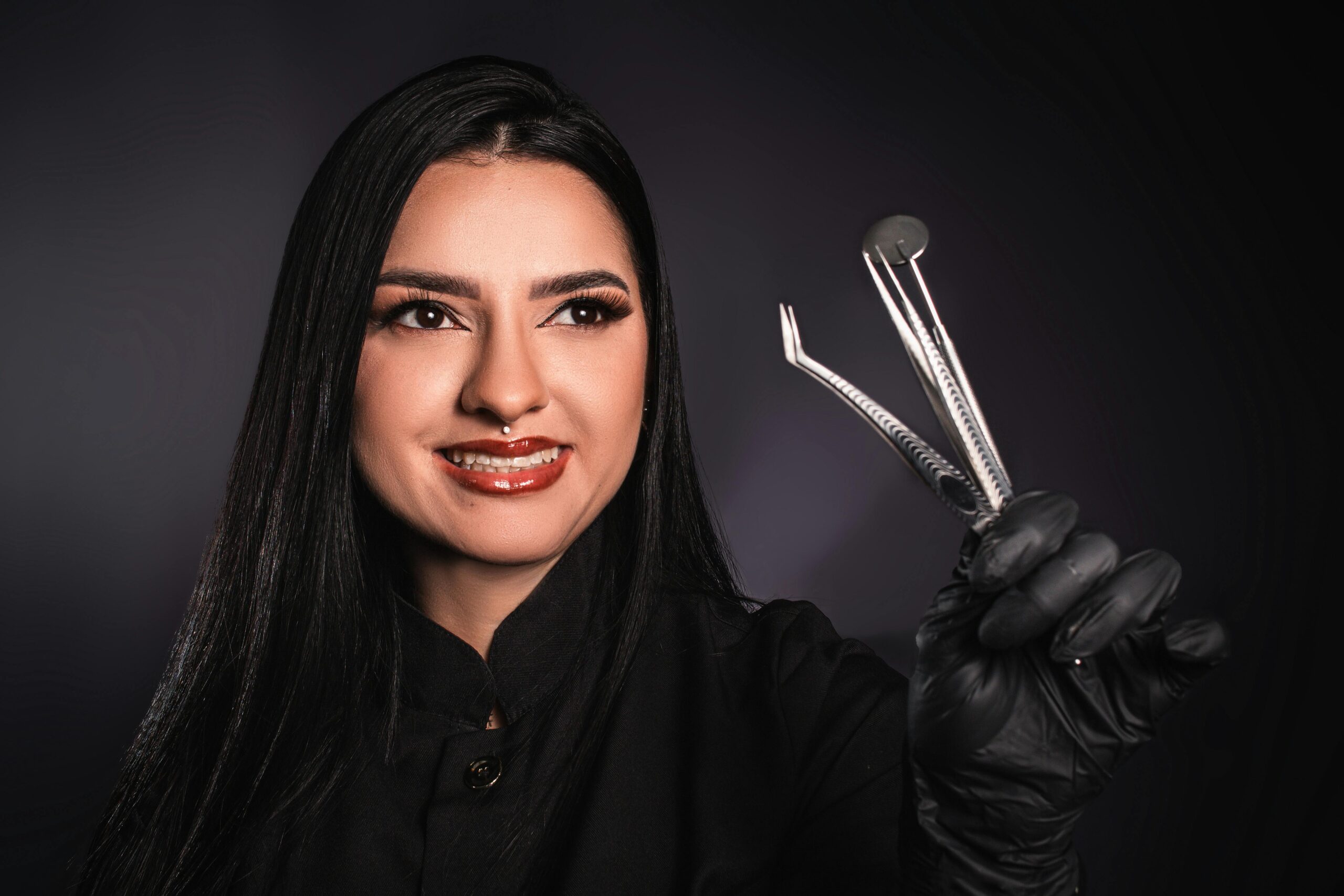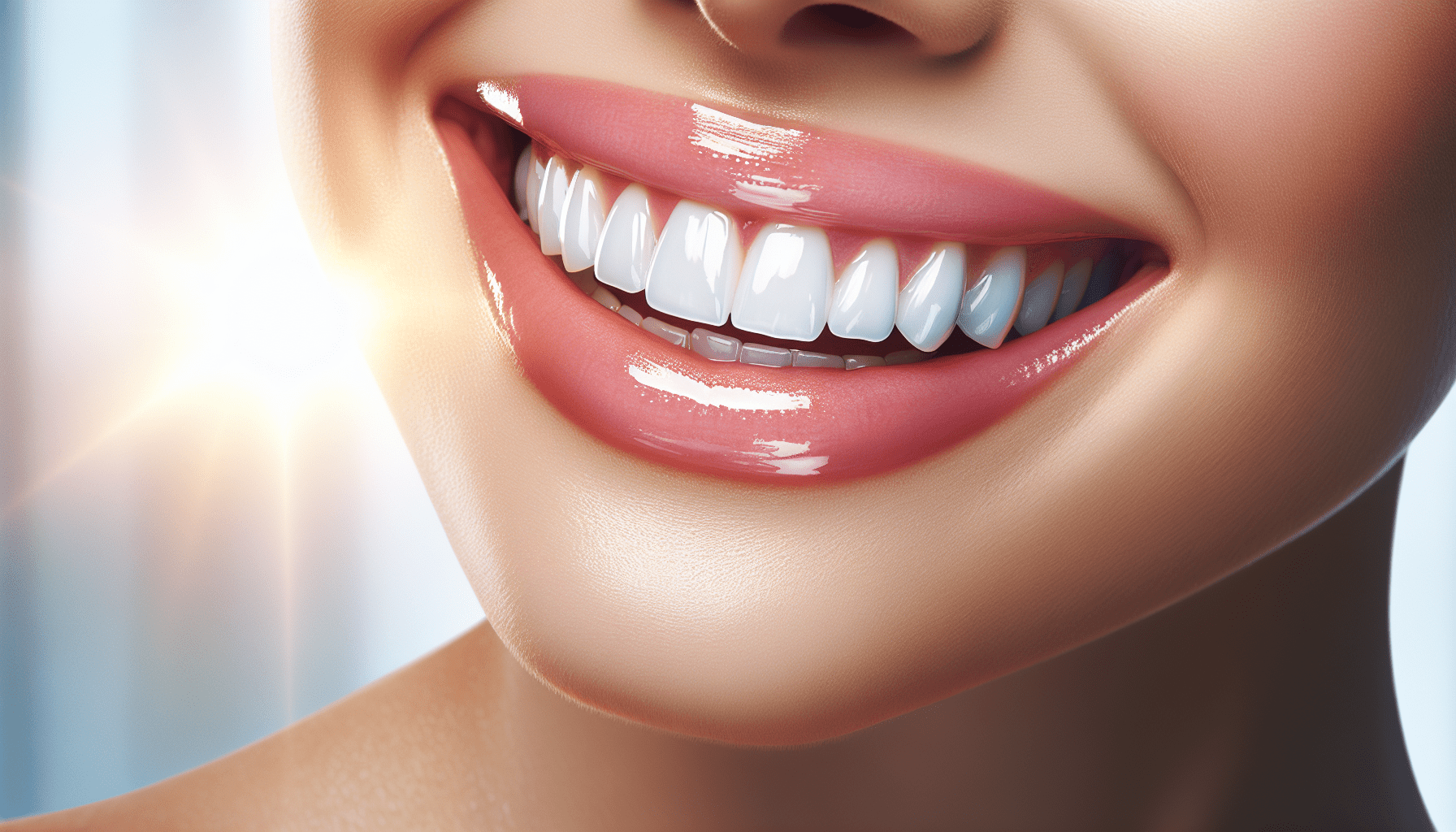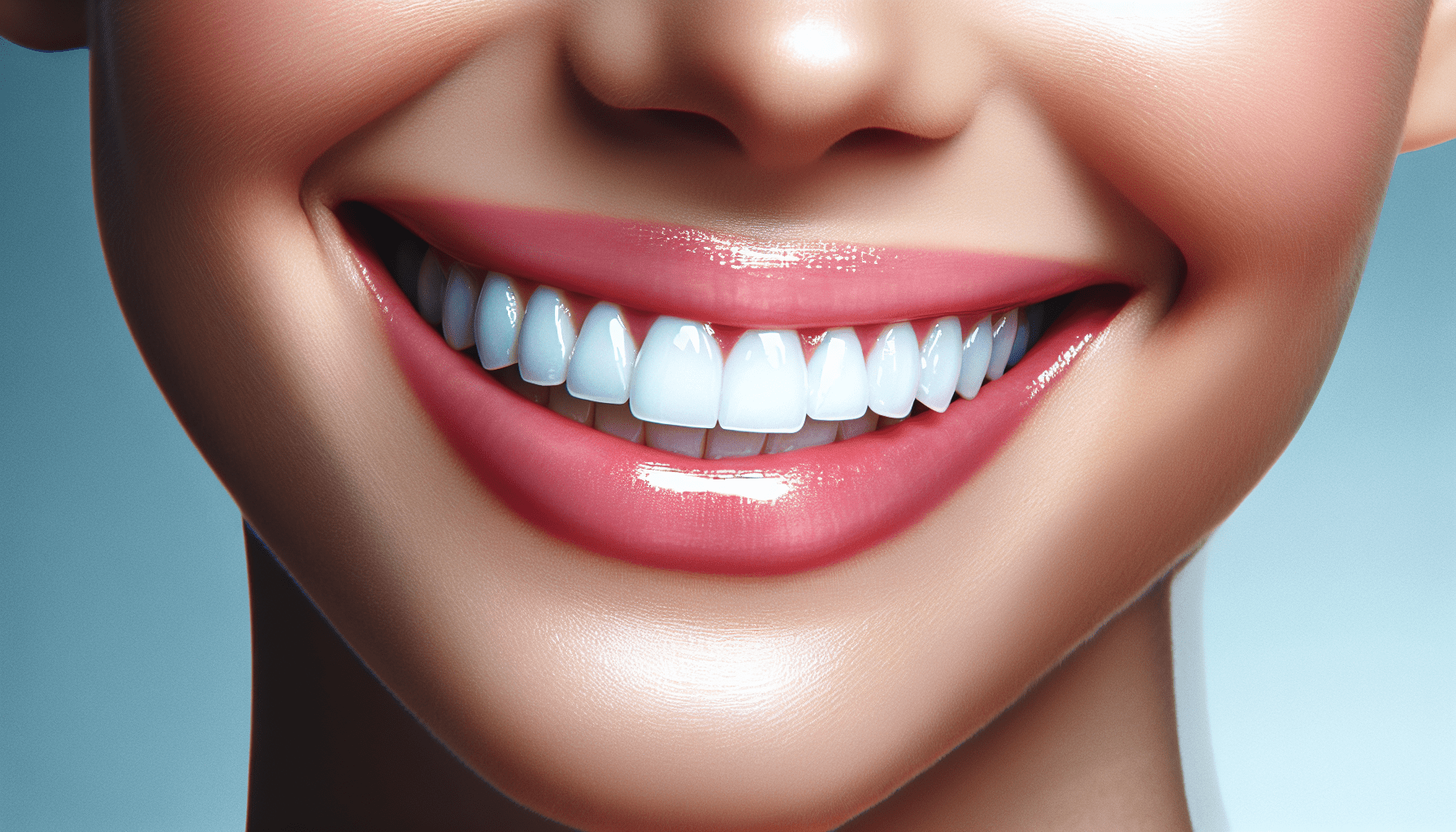Have you ever wondered what it truly takes to maintain optimal teeth and gum health? Understanding the intricacies of dental care can be daunting, yet the payoff—a radiant smile and a lifetime free of dental issues—is certainly worth the effort. This article unveils the secrets to thriving teeth and gum health, providing you with actionable and practical tips.

The Importance of Dental Health
Your dental health is not just about having a beautiful smile; it is an integral component of your overall well-being. A healthy mouth can help you ward off medical disorders, facilitate proper digestion, and even enhance your self-confidence.
Why Dental Health Matters
Good dental hygiene is often taken for granted, but its importance cannot be overstated. The state of your teeth and gums can affect your ability to speak, chew, and digest food efficiently. Moreover, poor dental health has been linked to various conditions such as cardiovascular disease, osteoporosis, and diabetes.
The Connection Between Oral and General Health
Your mouth is a gateway to your body. Bacteria thriving in your mouth can make their way into your bloodstream, potentially leading to infections and systemic diseases. Research suggests a correlation between gum diseases and conditions like heart disease and stroke. Therefore, it becomes imperative not just to focus on oral cleanliness but also to consult your dentist regularly to identify early signs of potential issues.
Daily Dental Care Routine
Creating a daily dental care routine is akin to establishing a workout regimen for your mouth. Regular and consistent practices ensure that your teeth and gums remain in the best shape possible.
Brushing Techniques
The method you employ to brush your teeth can be the difference between effective cleaning and causing harm. Ideally, use a soft-bristled toothbrush and fluoride toothpaste. Hold your toothbrush at a 45-degree angle to your gums and use gentle, circular motions to clean all surfaces of your teeth. This method helps in removing plaque and food particles without causing abrasion to your gums.
Recommended Brushing Schedule:
| Time of Day | Duration | Method |
|---|---|---|
| Morning | 2 minutes | Gentle circular motions |
| Night | 2 minutes | Gentle circular motions |
Flossing: The Unsung Hero
Flossing might seem tedious, but it plays a crucial role in removing food particles and plaque from areas where your toothbrush cannot reach. Use about 18 inches of dental floss, winding most of it around your middle fingers, and use a fresh section of floss for each tooth.
Flossing Steps:
- Gently slide the floss between your teeth.
- Curve it into a C-shape against one tooth.
- Rub the floss gently up and down.
- Repeat for the adjacent tooth.
Mouthwash and Its Benefits
Mouthwash acts as an extra layer of defense against bacteria. The right mouthwash can help maintain a balanced oral flora, reduce plaque, and freshen your breath. Opt for alcohol-free mouthwashes to avoid a burning sensation and potential dryness.
Chewing Gum and Oral Health
Sugar-free gum, particularly those with xylitol, can enhance your oral health. Chewing gum stimulates saliva production, which serves as a natural cleanser for your teeth and gums.
Diet and Nutrition for Strong Teeth and Gums
It’s often said, “You are what you eat,” and when it comes to your dental health, this rings especially true. Your diet has a direct impact on the health of your teeth and gums.
Foods That Benefit Dental Health
Certain foods can aid in keeping your teeth and gums healthy. Dairy products like cheese, milk, and yogurt are rich in calcium and phosphates, which help restore minerals to your teeth. Leafy greens, nuts, and fibrous fruits and vegetables can also contribute significantly.
Foods to Avoid
Conversely, some foods and beverages can be detrimental to your dental health. Sugary snacks and carbonated drinks can lead to the development of cavities and other dental issues. Acidic foods and drinks can erode the enamel on your teeth, making them more susceptible to decay.
Foods and Drinks to Limit:
| Type | Examples |
|---|---|
| Sugary foods | Candy, pastries, soft drinks |
| Acidic foods | Citrus fruits, tomatoes, coffee |
Hydration and Its Role in Dental Health
Staying hydrated is not just good for your overall health but also essential for maintaining a healthy mouth. Water helps wash away food particles and bacteria, aids in saliva production, and can dilute harmful acids.
Professional Dental Care
While daily care is the cornerstone of good dental health, professional assistance is equally important.
Regular Dental Check-ups
Routine dental check-ups, ideally every six months, can help catch problems before they become severe. Your dentist can detect early signs of cavities, gum disease, or oral cancer.
Professional Cleaning
Even with meticulous home care, plaque and tartar can build up over time. Regular professional cleanings help remove these deposits, allowing your dentist to access and clean areas that may be difficult to reach on your own.
Advanced Dental Treatments
For those already experiencing dental issues or seeking enhanced aesthetics, advanced dental treatments such as whitening, orthodontics, or implants can be beneficial. Consult with your dentist to explore the best options for your needs.

Enemies of Dental Health
Knowing your adversaries in the battle for dental health can make it easier to combat them. Here are common culprits that may undermine your teeth and gums.
Smoking and Tobacco
Using tobacco in any form is detrimental to your dental health. It stains teeth, causes bad breath, and dramatically increases the risk of gum disease and oral cancer.
Excessive Alcohol Consumption
Alcohol can dry out your mouth, reducing saliva flow, and thereby making it easier for bacteria to thrive. Certain alcoholic beverages are also high in sugars and acids, which can negatively impact your teeth.
Teeth Grinding
Teeth grinding, often caused by stress or misalignment, can wear down your teeth over time. Night guards and stress management techniques can help mitigate this issue.
Special Considerations
Certain life stages and conditions necessitate particular dental care approaches.
Dental Care During Pregnancy
Hormonal changes during pregnancy can make gums more sensitive and prone to inflammation. Regular dental check-ups and a diligent home care routine are vital during this period.
Dental Health for Children
Instilling good dental habits in children ensures they grow up with healthy teeth and gums. Begin brushing your child’s teeth with an infant toothbrush and water as soon as their first tooth appears, eventually introducing flossing and teaching them proper techniques.
Age-specific Dental Care Tips:
| Age Group | Care Recommendations |
|---|---|
| Infants (0-1 year) | Use a soft-bristled brush and water for cleaning |
| Toddlers (1-3 years) | Introduce a pea-sized amount of fluoride toothpaste |
| School-age (4-12 years) | Teach proper brushing and flossing techniques, regular check-ups |
Elderly Dental Care
Aging comes with its own set of dental challenges, such as enamel erosion and dry mouth due to medications. Elderly individuals may also deal with gum recession, making teeth more vulnerable to decay. Therefore, heightened attention to oral hygiene and frequent dental visits are crucial for this demographic.

Innovative Products and Technologies
Advancements in dental care products and technologies are continuously emerging, offering new ways to improve dental health.
Electric Toothbrushes
Electric toothbrushes can be more effective than manual brushing. They provide consistent, high-velocity brushing motions that might be harder to achieve manually. Some advanced models even come with sensors to ensure you are not brushing too hard.
Water Flossers
For some, using dental floss might be challenging due to dexterity issues or braces. Water flossers can provide an efficient alternative, blasting a stream of water to dislodge food particles and plaque from between your teeth.
Oral Probiotics
Probiotics are not just for your gut; they can also be beneficial for your oral health. Oral probiotics can help balance the bacteria in your mouth, reducing bad breath and preventing gum disease.
Addressing Common Myths
There are numerous myths surrounding dental health that can cloud your understanding and practices. Let’s address some of these common misconceptions.
Myth: Brushing Harder Cleans Better
Reality: Brushing too hard can actually damage your enamel and gums. The goal is to brush gently but thoroughly for at least two minutes.
Myth: Sugar is the Only Culprit for Cavities
Reality: While sugar significantly contributes to cavities, it’s not the only substance to be cautious of. Acidic foods and drinks, as well as inadequate brushing and flossing, also play roles.
Myth: You Should Avoid the Dentist if You Have No Pain
Reality: Pain is not the only indicator of dental issues. Regular check-ups are essential for catching problems in their early stages, even if you aren’t experiencing discomfort.

Psychological Aspects of Dental Health
Dental health does not solely depend on physical practices; your mental and emotional state can also influence it.
Dental Anxiety
Fear of the dentist can prevent you from keeping up with regular visits. Addressing this with your dental care provider can help them take measures to ensure you are more comfortable during check-ups and treatments.
Importance of Routine
A predictable and consistent dental care routine can help mitigate anxiety and establish good habits. Setting aside specific times for brushing, flossing, and using mouthwash creates a sense of control and stability.
Environmental and Lifestyle Factors
Modern life presents several challenges to maintaining optimal dental health, but understanding these can help you make more informed choices.
Office Lifestyle
In a desk-bound job, you may find yourself reaching for snacks and coffee throughout the day. Opt for healthier snacks like nuts or cheese and drink plenty of water to keep your mouth clean. Try to brush your teeth during breaks if possible.
Healthy Office Snacks:
| Snack Type | Examples |
|---|---|
| Fruits | Apples, Pears |
| Vegetables | Carrot sticks, Celery |
| Protein-rich foods | Nuts, Cheese |
Travel and Dental Care
Travel can throw your regular dental care routine off balance. Keep a portable toothbrush, toothpaste, and floss in your travel kit. If bottled water is your only safe source, try to use it for brushing as well.

Natural Remedies and Alternative Practices
While not a replacement for professional care, some natural remedies can supplement your dental routine.
Oil Pulling
An ancient practice, oil pulling involves swishing a tablespoon of coconut or sesame oil in your mouth for about 15-20 minutes before spitting it out. It may help reduce harmful bacteria and improve gum health.
Herbal Teas
Certain herbal teas like green tea and peppermint tea have antibacterial properties that can aid in reducing bacteria in your mouth. Be wary, however, of teas that could stain your teeth, such as black tea.
Baking Soda and Hydrogen Peroxide
Using a mixture of baking soda and hydrogen peroxide can help whiten teeth and kill bacteria. However, due to its abrasive nature, it should be used sparingly.
The Role of Fluoride
Fluoride is a natural mineral known for its ability to protect teeth. It strengthens the enamel, making it more resistant to decay.
Fluoride in Toothpaste and Water
Most toothpastes contain fluoride, and many municipal water supplies also have added fluoride. This helps in continuously replenishing the fluoride content in your enamel.
Fluoride Treatments at the Dentist
For individuals at a higher risk of cavities, fluoride treatments at the dentist’s office can provide concentrated protection.
Conclusion
Maintaining thriving teeth and gum health is an ongoing commitment that pays dividends for your overall well-being. By integrating good daily practices, being selective about your diet, and seeking professional care, you can ensure a lifetime of healthy smiles.
Whether you are starting fresh or fine-tuning your dental care routine, these secrets offer foundational strategies and innovative tips to help you achieve and maintain excellent oral health. The path to a healthier mouth is continuous but undeniably rewarding.
